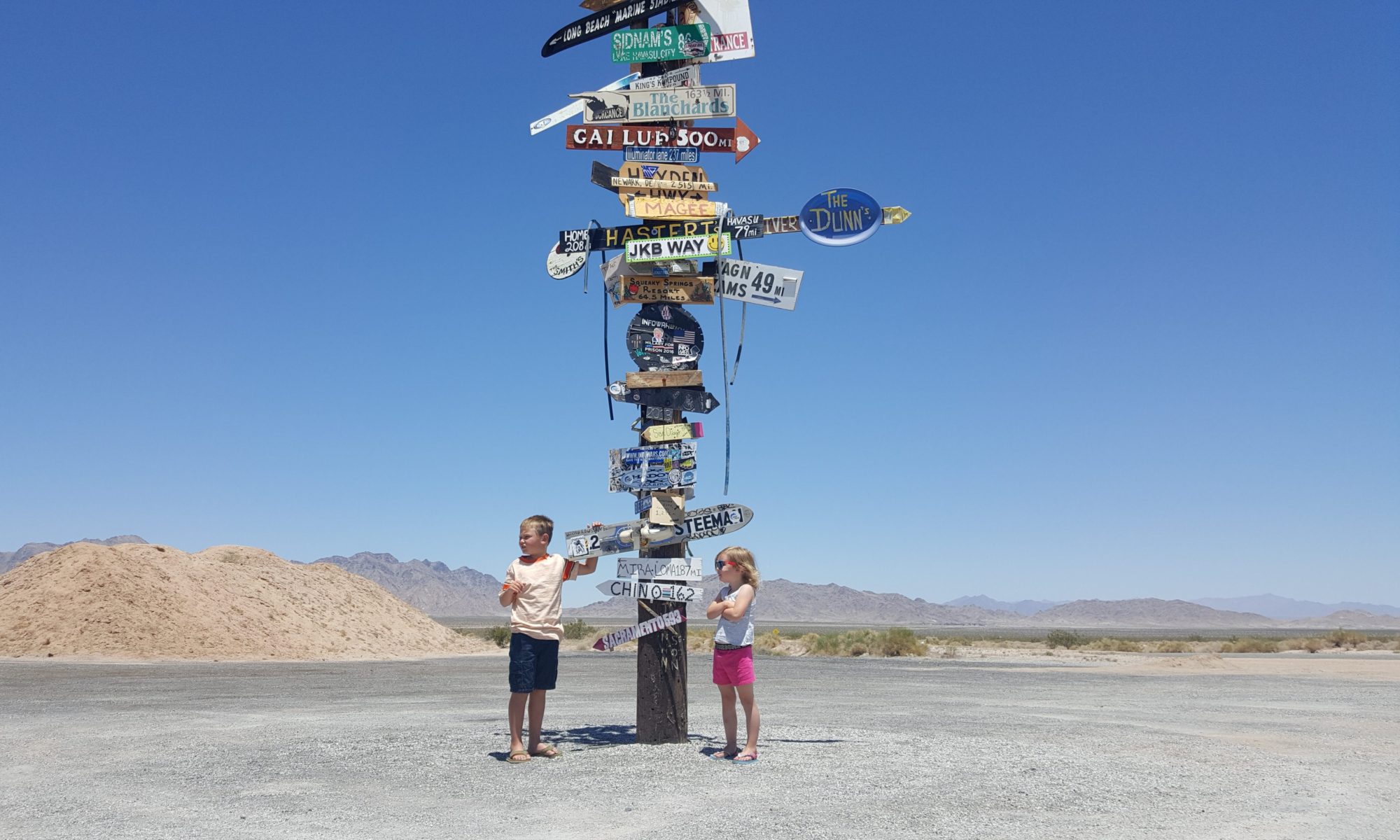David is back in church, and he is excited. He wanted everyone else to be excited too. In verses 1-9, David is probably standing in the outer court where the public were welcomed. He lifted his voice to declare that everyone should praise God whether Jew or Gentile: “Shout joyful praises to God, all the earth”! He testified how God delivered His people from Egypt, He watches the movement of nations, and ends with “our lives are in His hands, and He keeps our feet from stumbling”.
David went the next step by turning his words of praise to God in verses 10-15. Again he mentioned Israel’s slavery and the problems Israel faced and described it as being purified as silver is purified by fire. David probably recognized his trials escaping Saul as God purifying him. David then states the reason he is in church; “Now I come to Your Temple with burnt offerings to fulfill the vows I made to You – yes the sacred vows that I made when I was in deep trouble.” Burnt offerings were a symbol of praise to God.
Finally David gave his testimony to the people gathered. They were aware of his years in the wilderness fleeing Saul’s army so he didn’t need to recount these. He said he cried to the Lord praising Him while requesting help and guidance. Then he said the most amazing thing: “If I had not confessed the sin in my heart, the Lord would not have listened”. (How often do Christians, me included, pray asking for God’s blessing without confessing our sins? Sometimes we don’t know our sins because we don’t read and meditate on God’s word. Sometimes we use the excuse, “well God knows how I am”, as if God has reconciled Himself to us whereas He is trying to reconcile us to Him. We are all guilty yet God loves us and forgives us when we ask.)
But that is not how David ended his psalm. “But God did listen! He paid attention to my prayer. Praise God, who did not ignore my prayer or withdraw His unfailing love from me.” Wouldn’t it be great to hear one person give this kind of testimony each Sunday in church?
